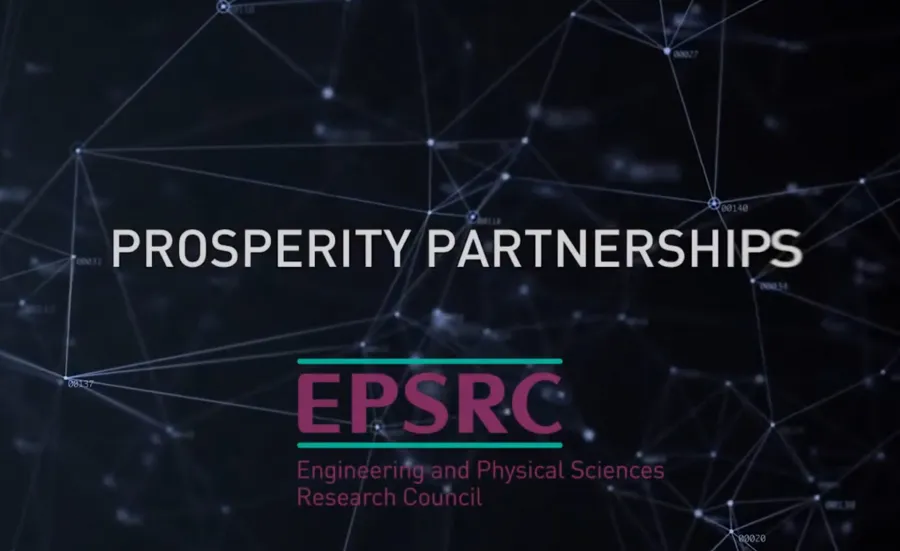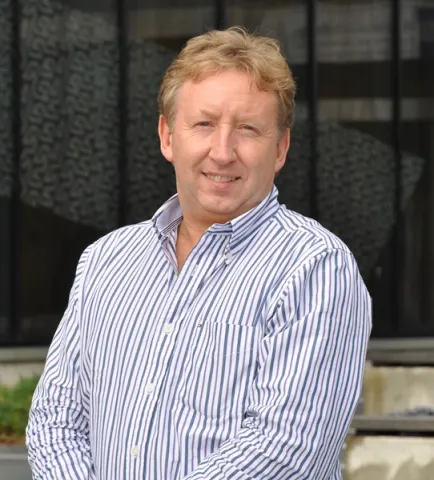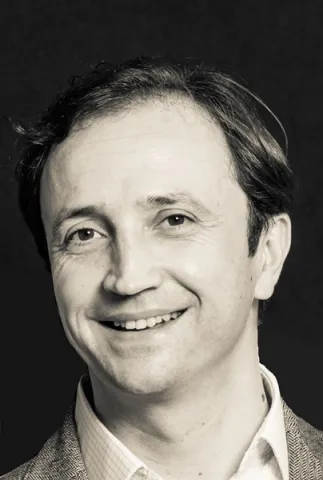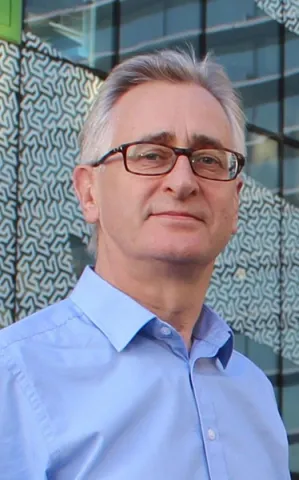Project overview
Silicon Photonics is poised to transform photonics in applications ranging from intra and inter-chip interconnect to lab on a chip; from consumer products to Fibre to the Home transceivers; from high performance computing interconnect to environmental sensing. In other words silicon will bring photonics to mass markets. Despite significant progress recently, in order to successfully transform photonics in this way, several key research challenges still need to be overcome. In this programme we will tackle all of these research challenges, and in so doing we will do nothing less than facilitate a revolution in low cost photonics, placing the UK at its centre.
To succeed in mass markets silicon photonics requires (i) a low cost method of comprehensively testing at the wafer scale; (ii) a passive alignment coupling technique from fibre to optical chip; (iii) a means of scaling the functionality of the photonic circuit; (iv) very low power, high data rate modulators; and (v) low cost integrated lasers on chip. To date there are no satisfactory solutions for any of these issues, but this programme will find solutions for them all.
We have a technical advantage in all aspects of the work due either to previous projects in which we have produced the best silicon modulators in the world today, as well as the first erasable silicon Bragg gratings; or due to preparatory work that we have carried out in advance of this project in which we have carried out modelling and even some preparatory experimentation on dual layer photonics, passive alignment of fibres to silicon photonics circuits. In the case of low cost integrated lasers, we have previous experience within a European project, and we are also working with an international collaborator from KAIST, Korea, with whom we jointly have a technical lead in the area.
To maximise the impact of our work, we will produce proof-of-concept demonstrators towards the end of the programme, that showcase the research achievements to all stakeholders within the UK, an approach that has attracted key industrial partners to the programme as they recognise both the transformative work that will be done, and the opportunity to contribute to the work and influence its direction and impact. The importance of our proposed programme has already been recognised internationally as we have been asked in a letter of support from Professor Kimerling at MIT, to report annually to the USA industry forum, co-ordinated by MIT, giving tremendous exposure for UK supported work.
To succeed in mass markets silicon photonics requires (i) a low cost method of comprehensively testing at the wafer scale; (ii) a passive alignment coupling technique from fibre to optical chip; (iii) a means of scaling the functionality of the photonic circuit; (iv) very low power, high data rate modulators; and (v) low cost integrated lasers on chip. To date there are no satisfactory solutions for any of these issues, but this programme will find solutions for them all.
We have a technical advantage in all aspects of the work due either to previous projects in which we have produced the best silicon modulators in the world today, as well as the first erasable silicon Bragg gratings; or due to preparatory work that we have carried out in advance of this project in which we have carried out modelling and even some preparatory experimentation on dual layer photonics, passive alignment of fibres to silicon photonics circuits. In the case of low cost integrated lasers, we have previous experience within a European project, and we are also working with an international collaborator from KAIST, Korea, with whom we jointly have a technical lead in the area.
To maximise the impact of our work, we will produce proof-of-concept demonstrators towards the end of the programme, that showcase the research achievements to all stakeholders within the UK, an approach that has attracted key industrial partners to the programme as they recognise both the transformative work that will be done, and the opportunity to contribute to the work and influence its direction and impact. The importance of our proposed programme has already been recognised internationally as we have been asked in a letter of support from Professor Kimerling at MIT, to report annually to the USA industry forum, co-ordinated by MIT, giving tremendous exposure for UK supported work.

EPSRC Prosperity Partnerships - University of Southampton and Rockley Photonics
Staff
Lead researchers
Other researchers
Collaborating research institutes, centres and groups
Research outputs
Cosimo Lacava, Mohamed Ettabib & Periklis Petropoulos,
2017, Applied Sciences, 7(1), 1-18
DOI: 10.3390/app7010103
Type: article
Iosif Demirtzioglou, Cosimo Lacava, Weili Yang, Mohamed Ettabib, Yu Yu & Periklis Petropoulos,
2016
Type: conference
Joan Juvert, Shuailong Zhang, Iain Eddie, Colin Mitchell, Graham Reed, James Wilkinson, Anthony Kelly & Steven Neale,
2016, Optics Express, 24(16), 18163-18175
DOI: 10.1364/OE.24.018163
Type: article
X. Chen, D.J. Thomson, Lee Crudgington, A.Z. Khokhar, L. Gao, X. Song, Y. Li & G.T. Reed,
2016
Type: conference
Periklis Petropoulos,
2016
Type: conference
David Thomson, Aaron Zilkie, John Bowers, Tin Komljenovic, Graham Reed, Laurent Vivien, Delphine Marris-Morini, Eric Cassan, Leopold Virot, Jean-Marc Fédéli, Jean-Michel Hartmann, Jens Schmid, Dan-Xia Xu, Frederic Boeuf, Peter O'Brien, Goran Mashanovich & Miloš Nedeljković,
2016, Journal of Optics, 18(7), 1-20
Type: article




